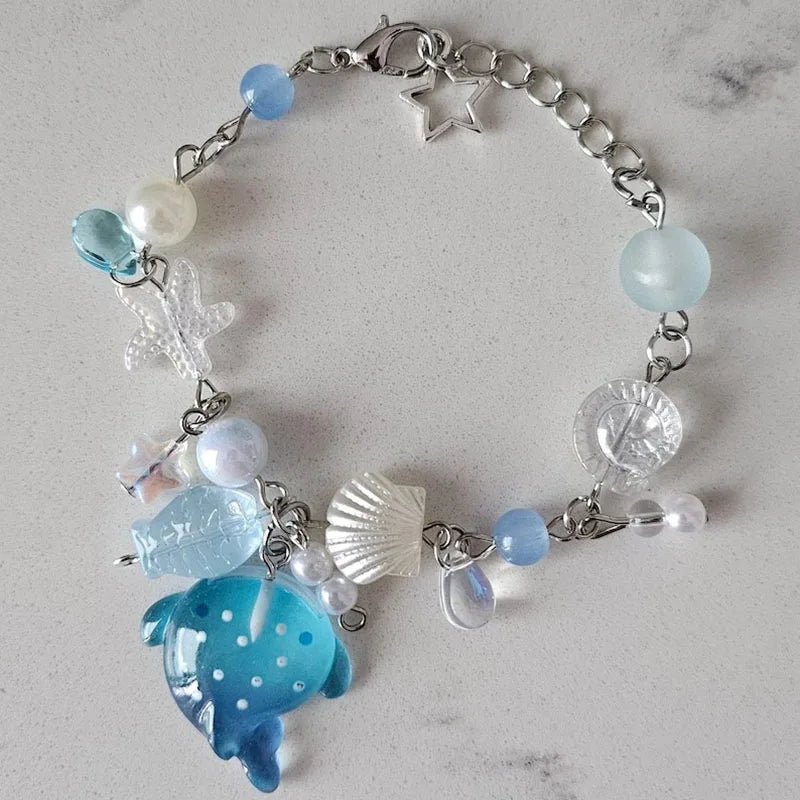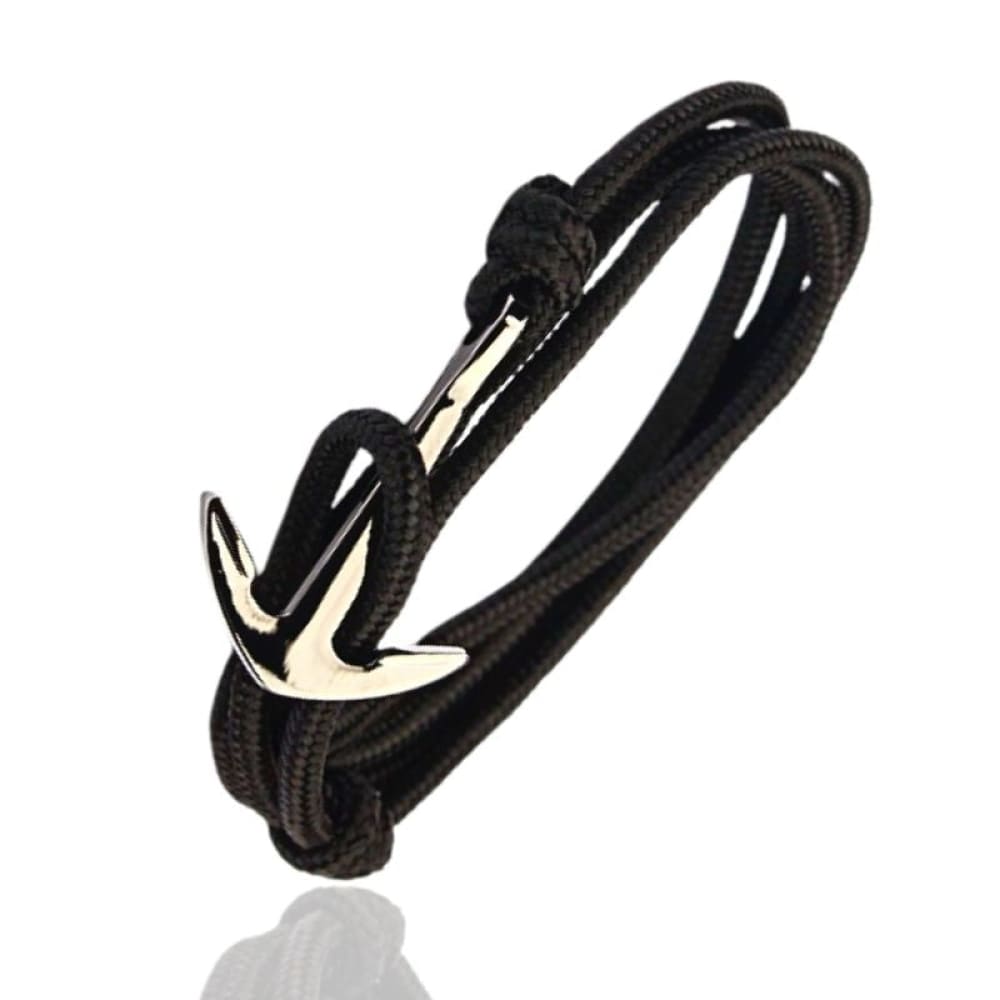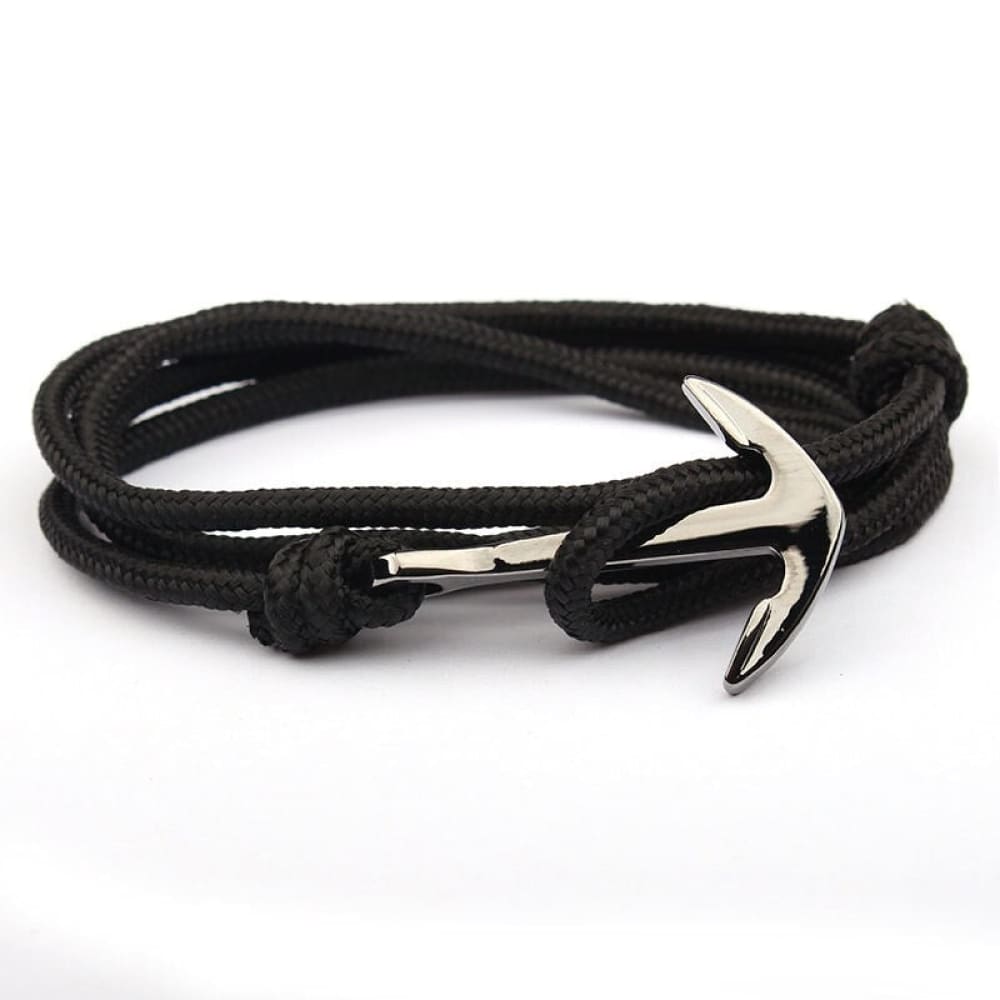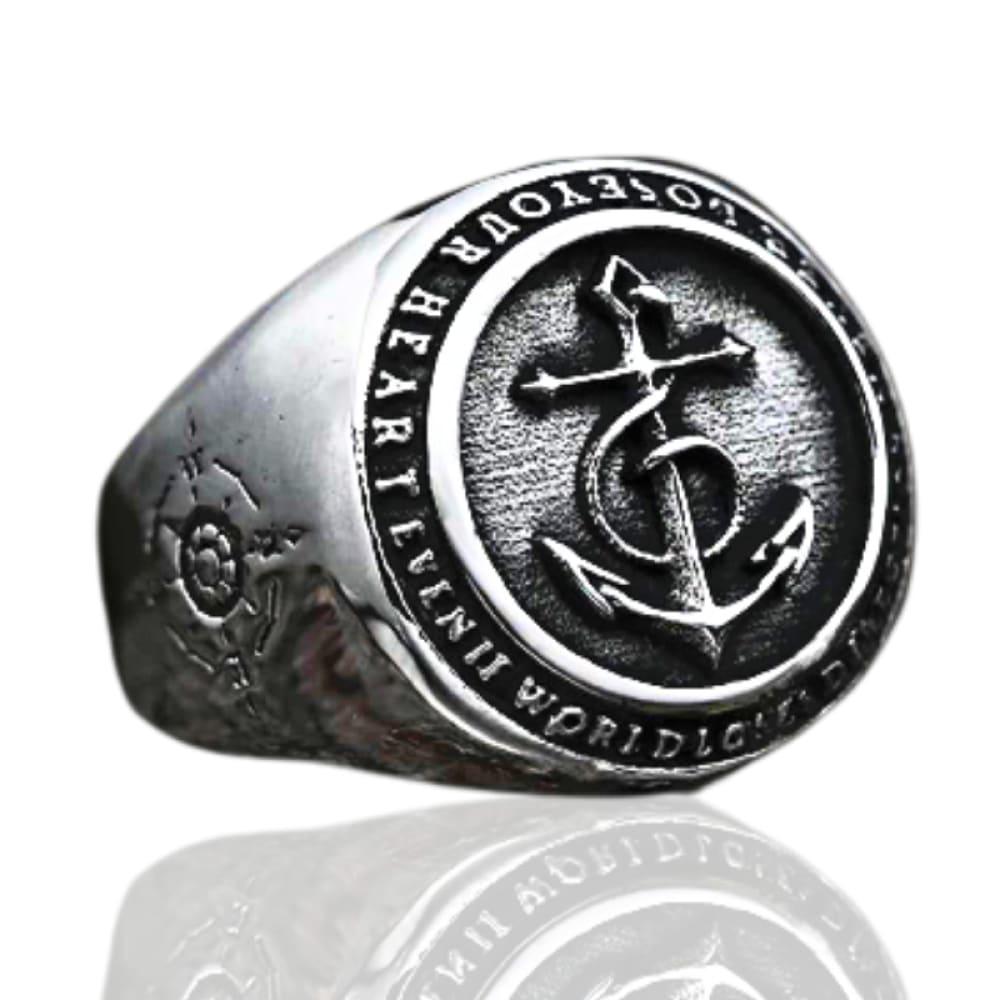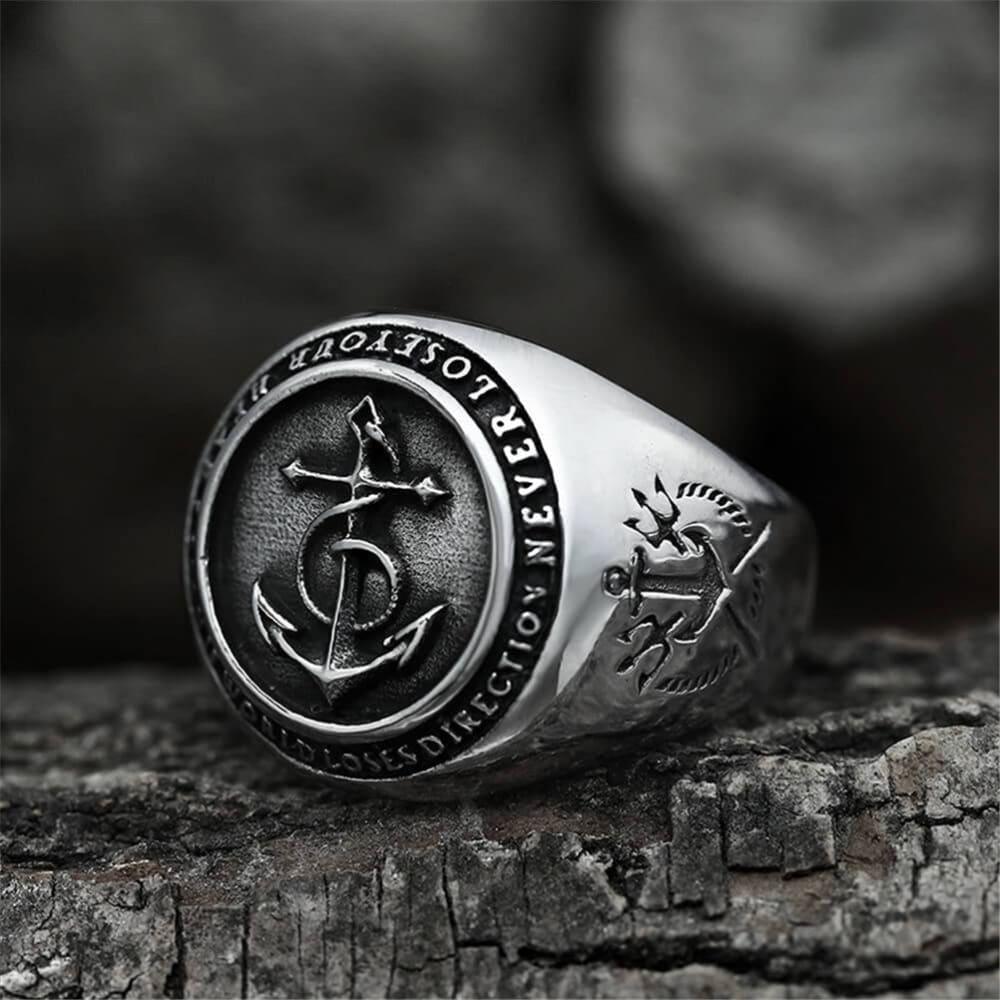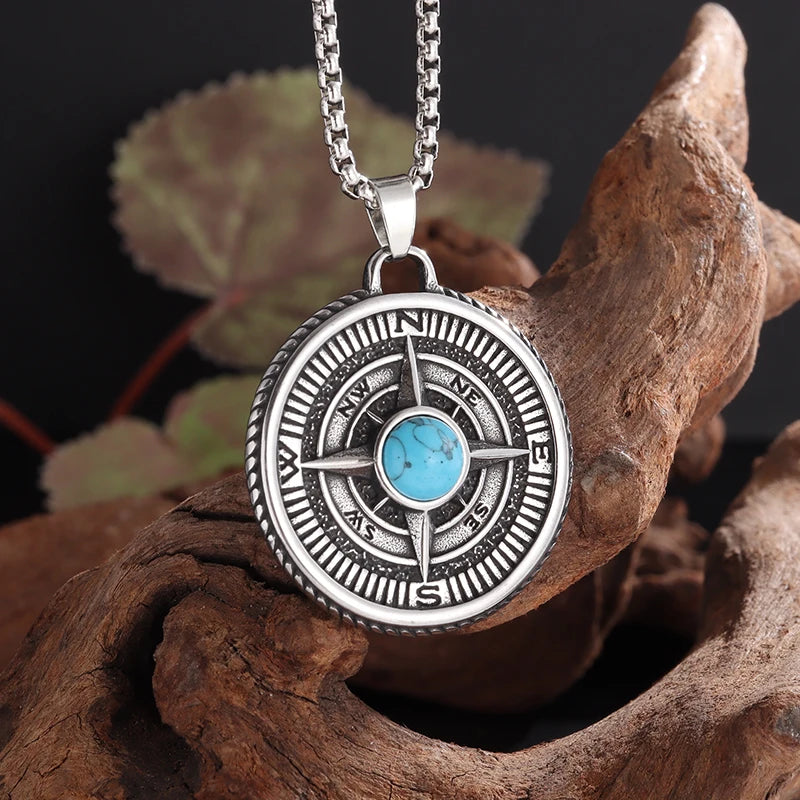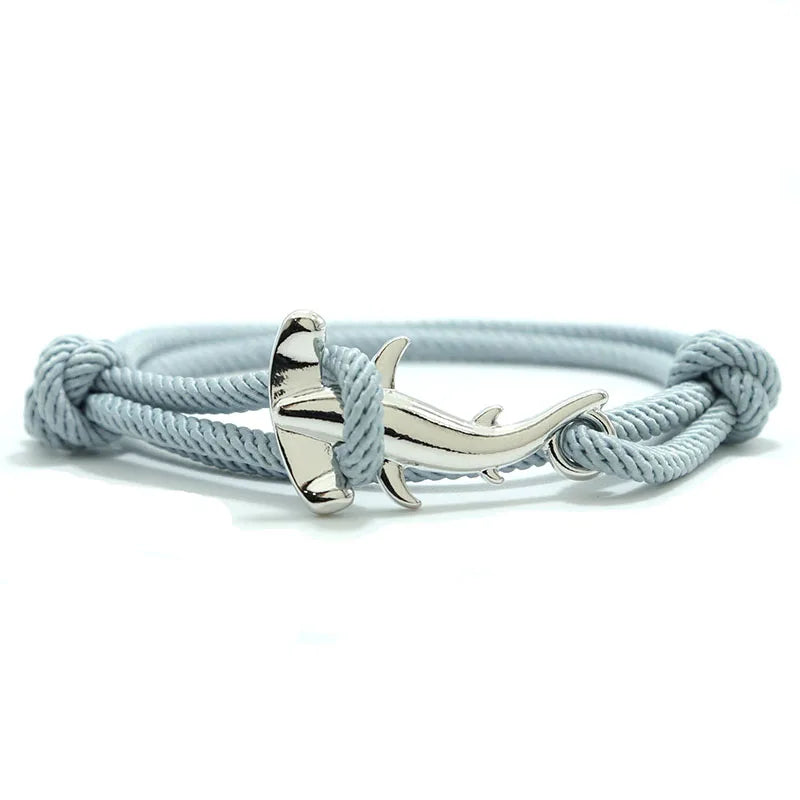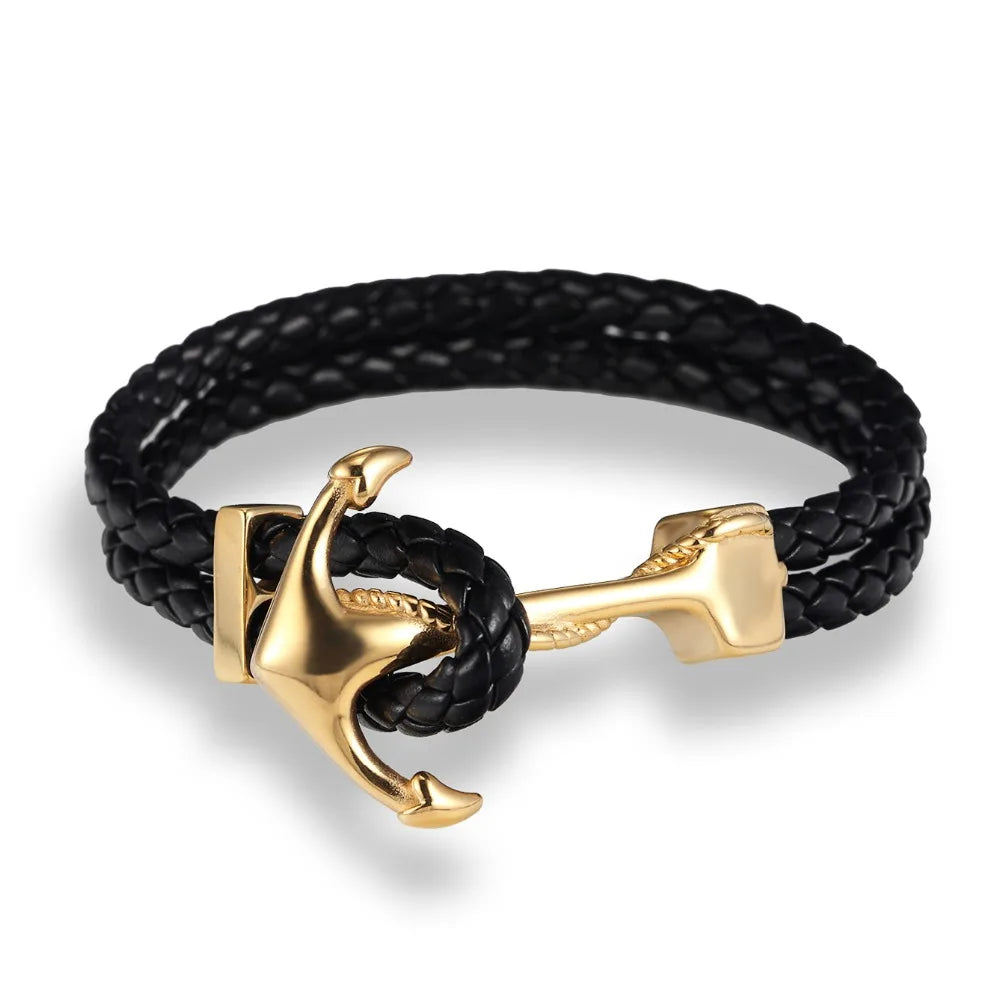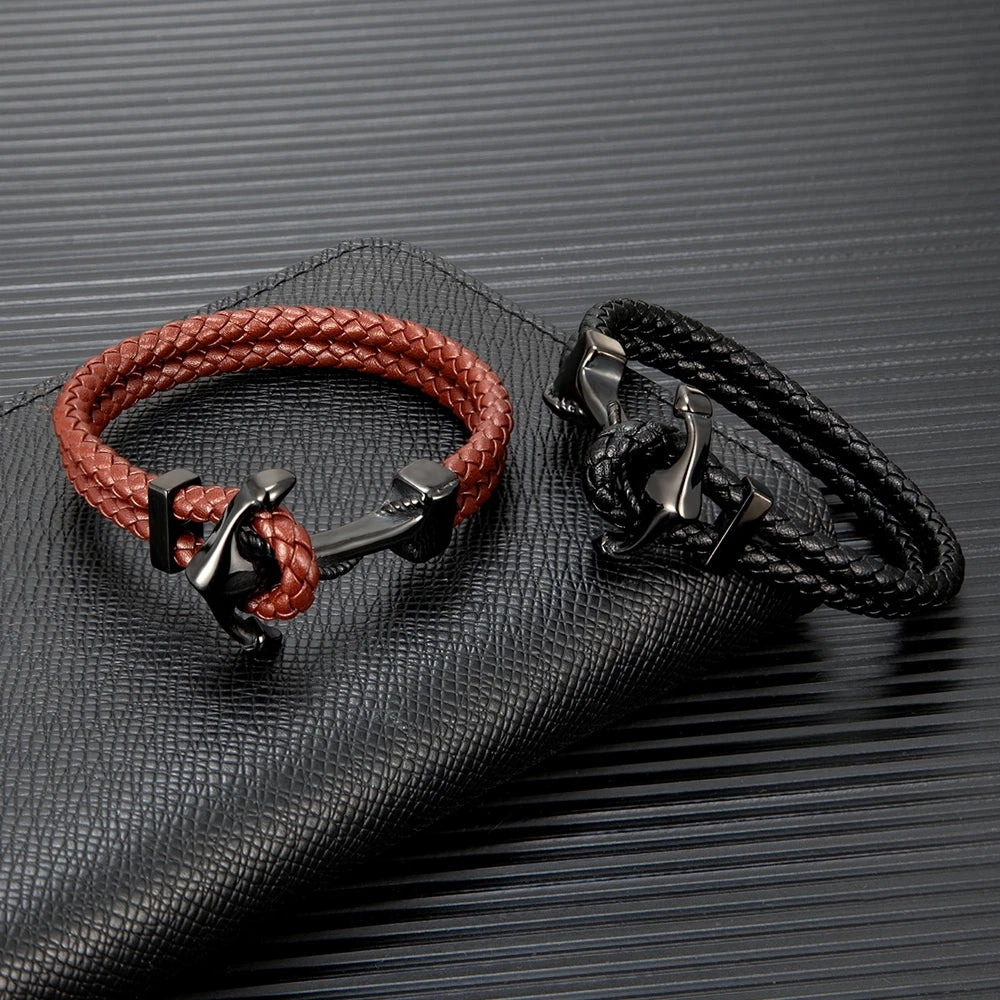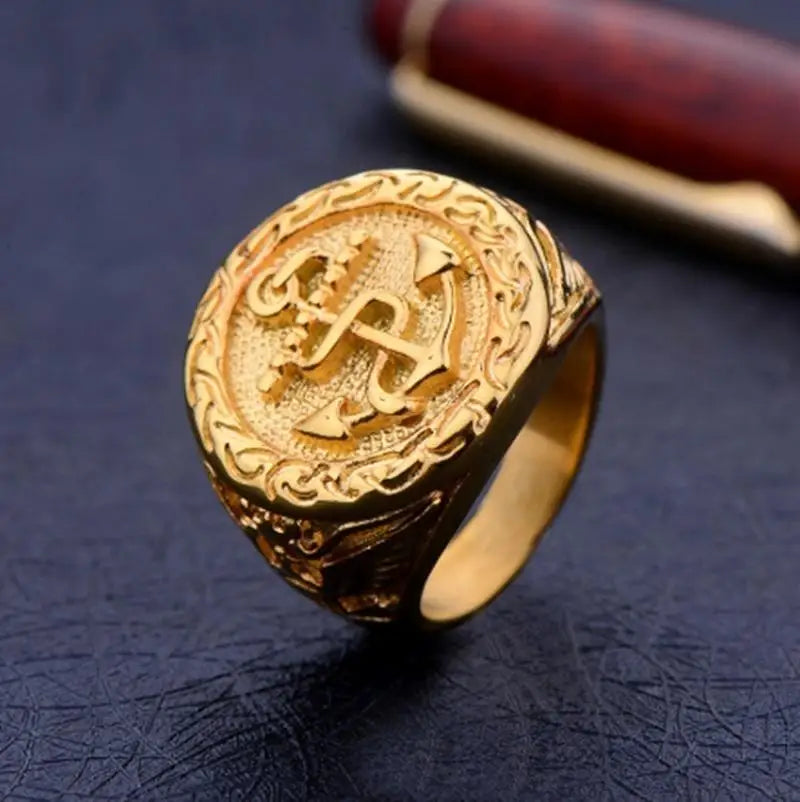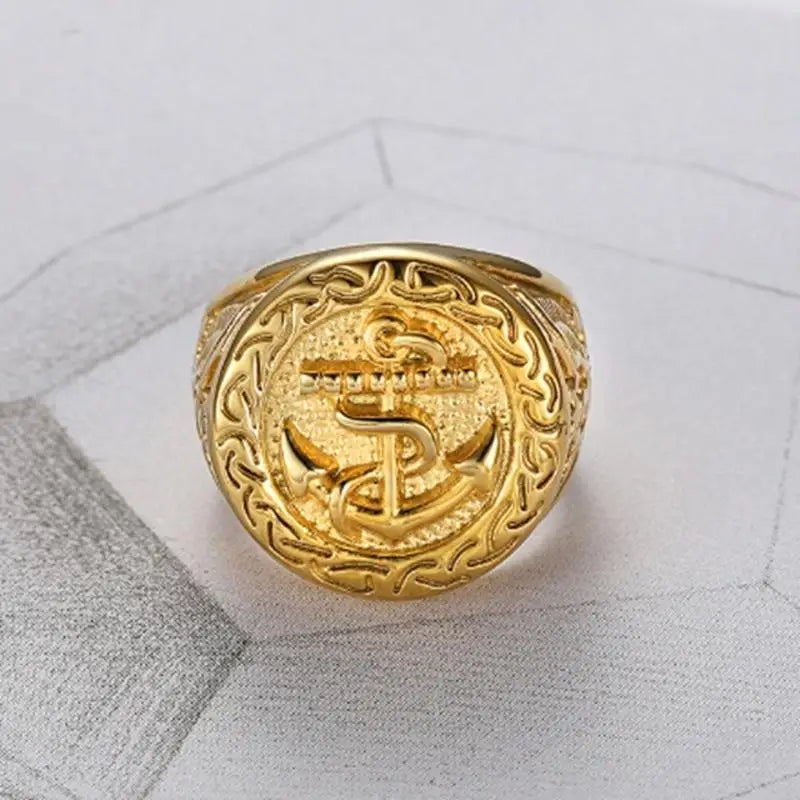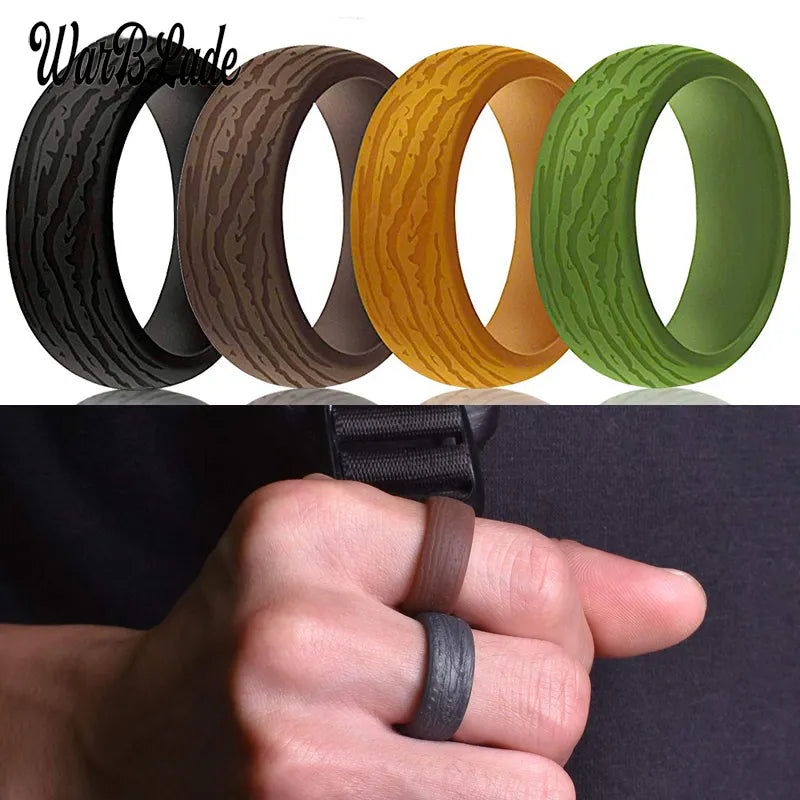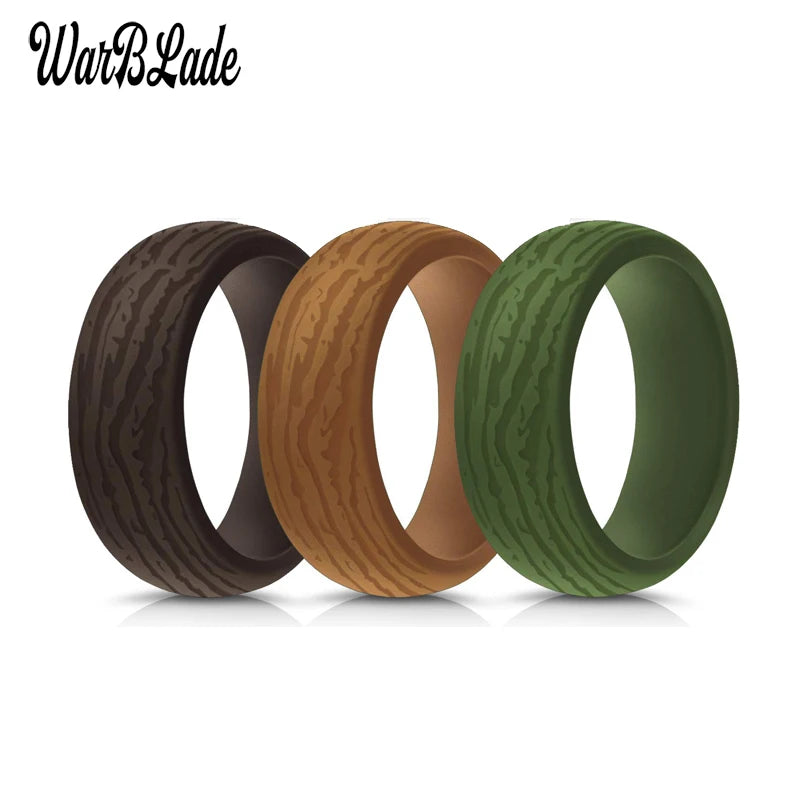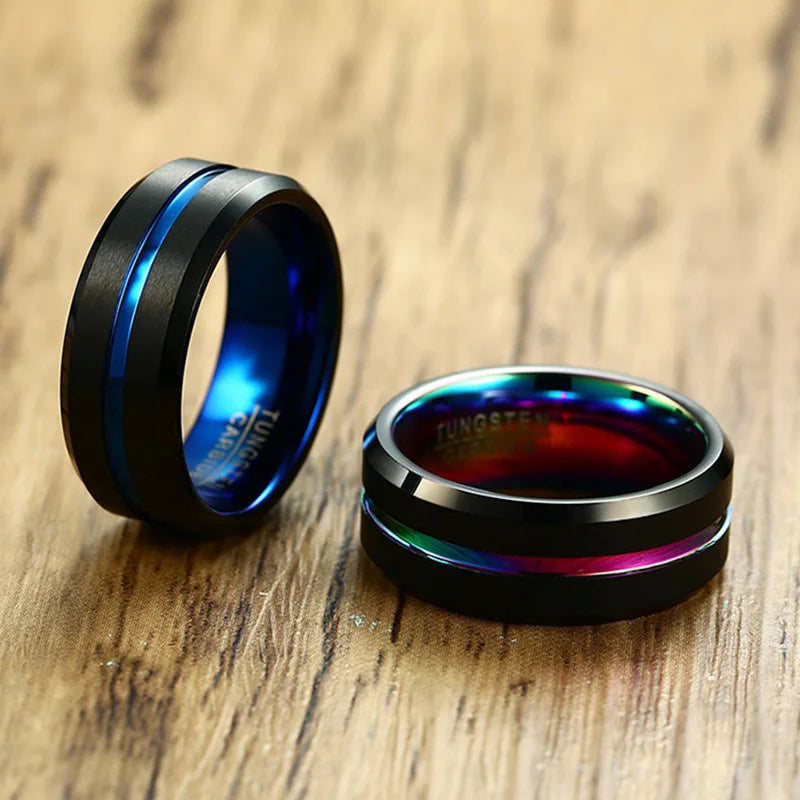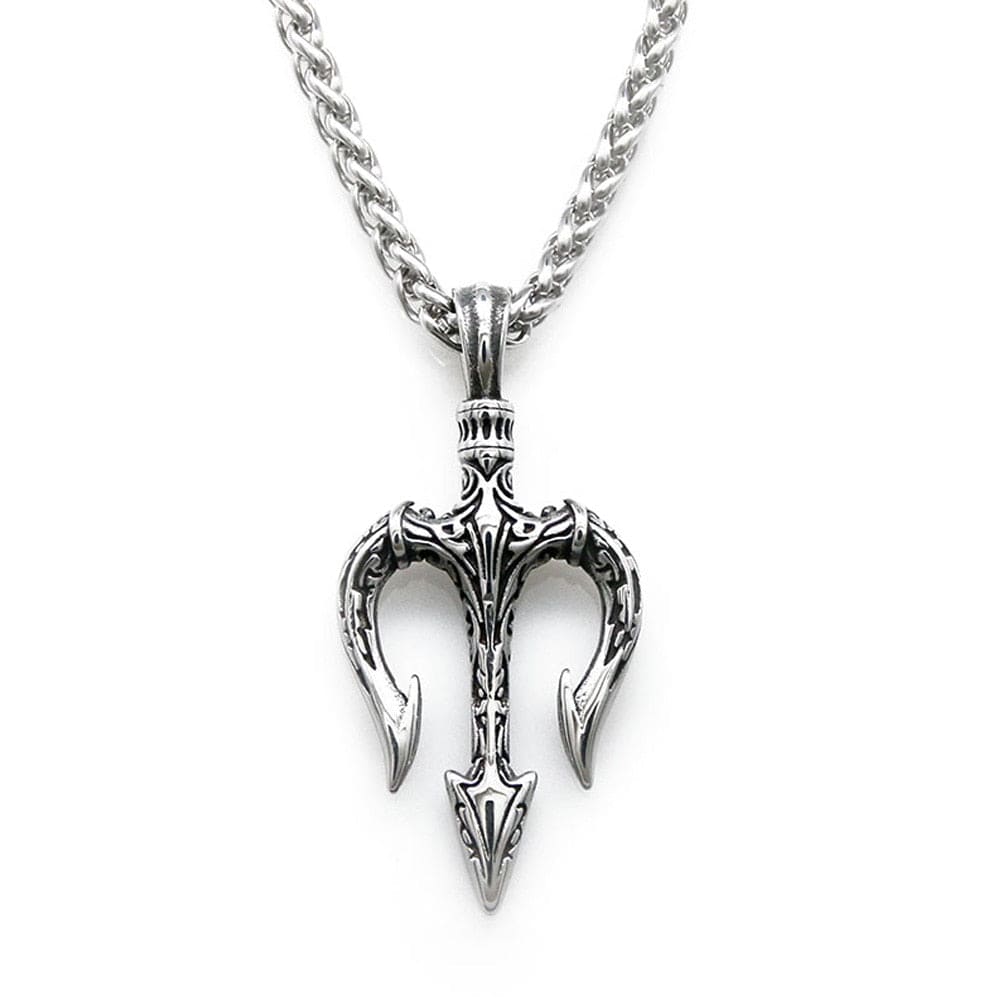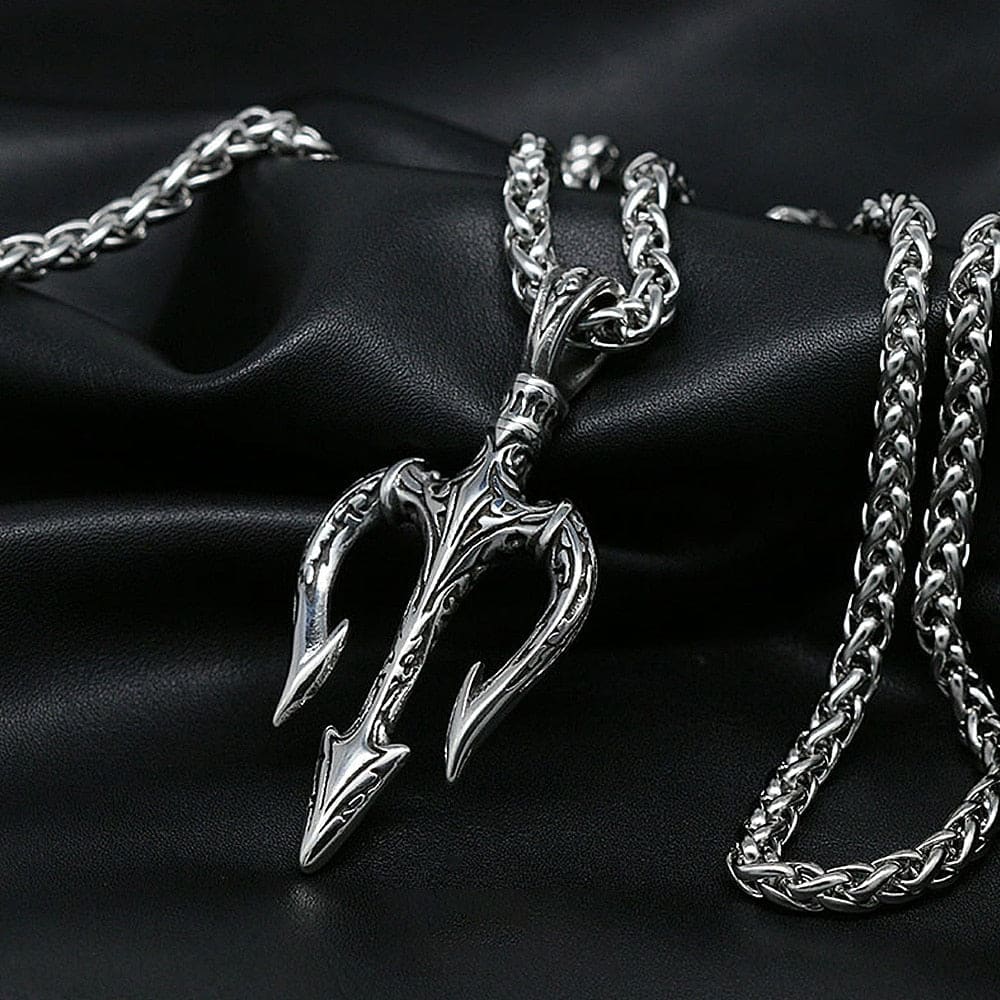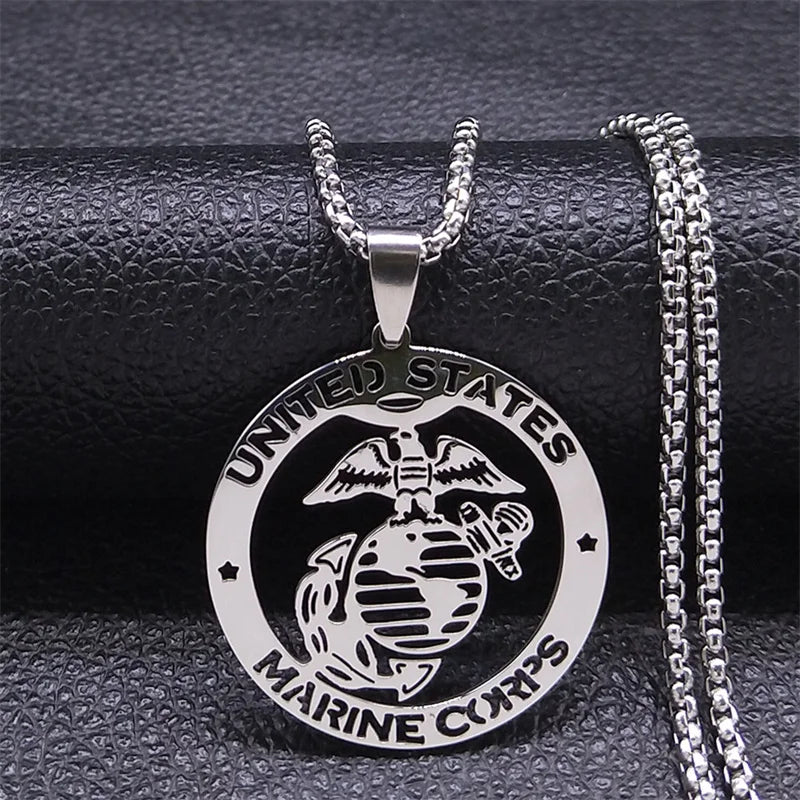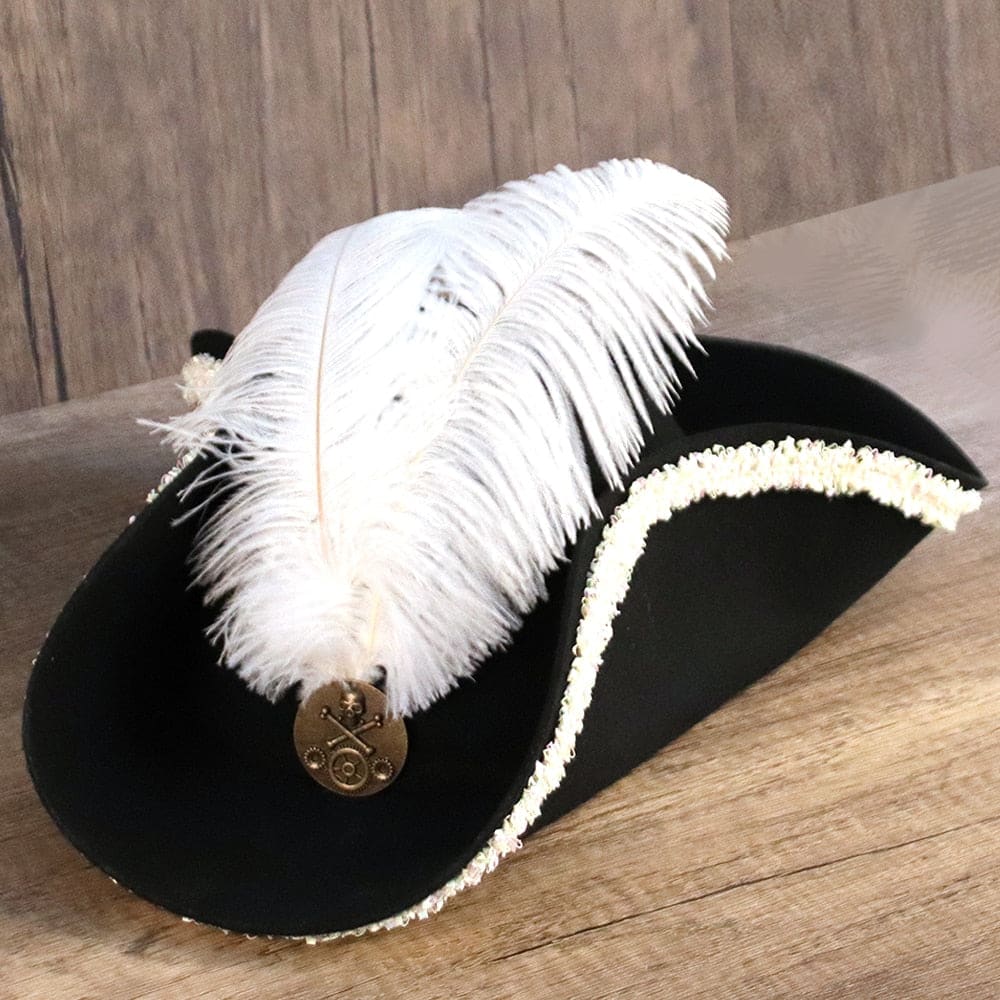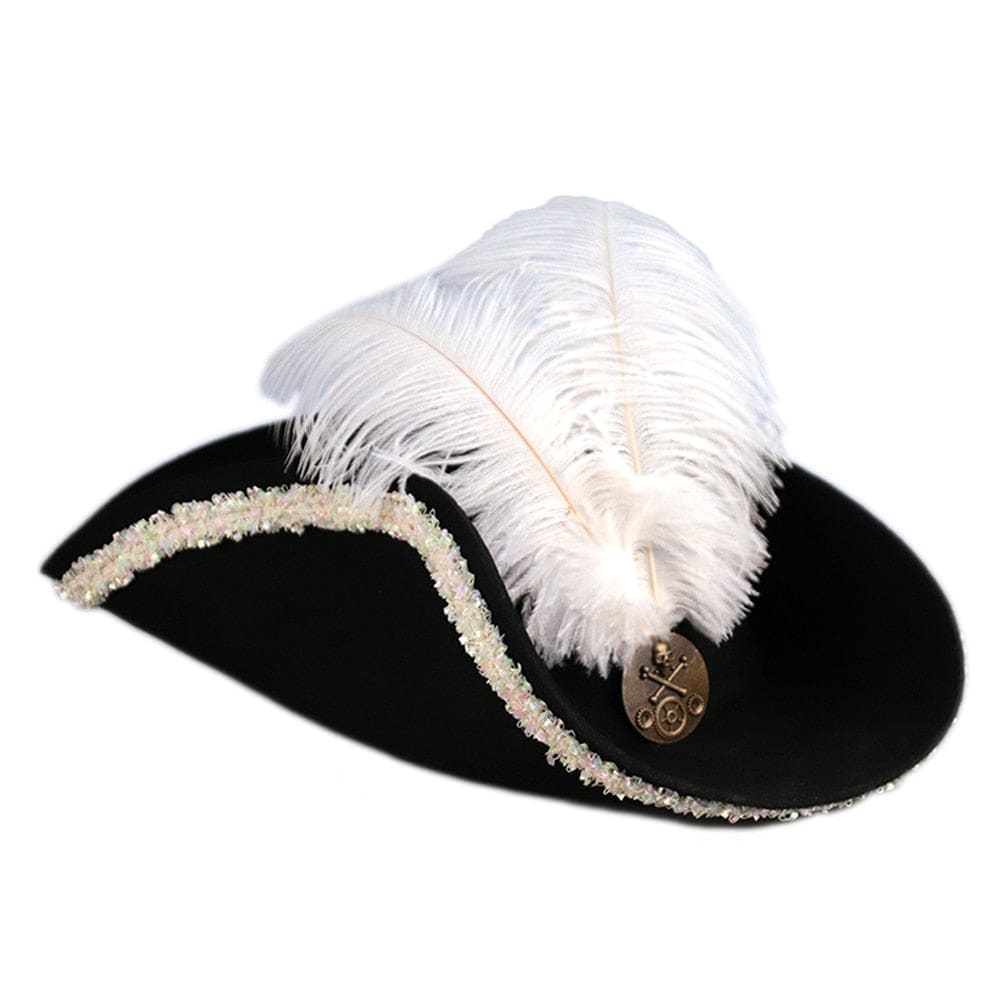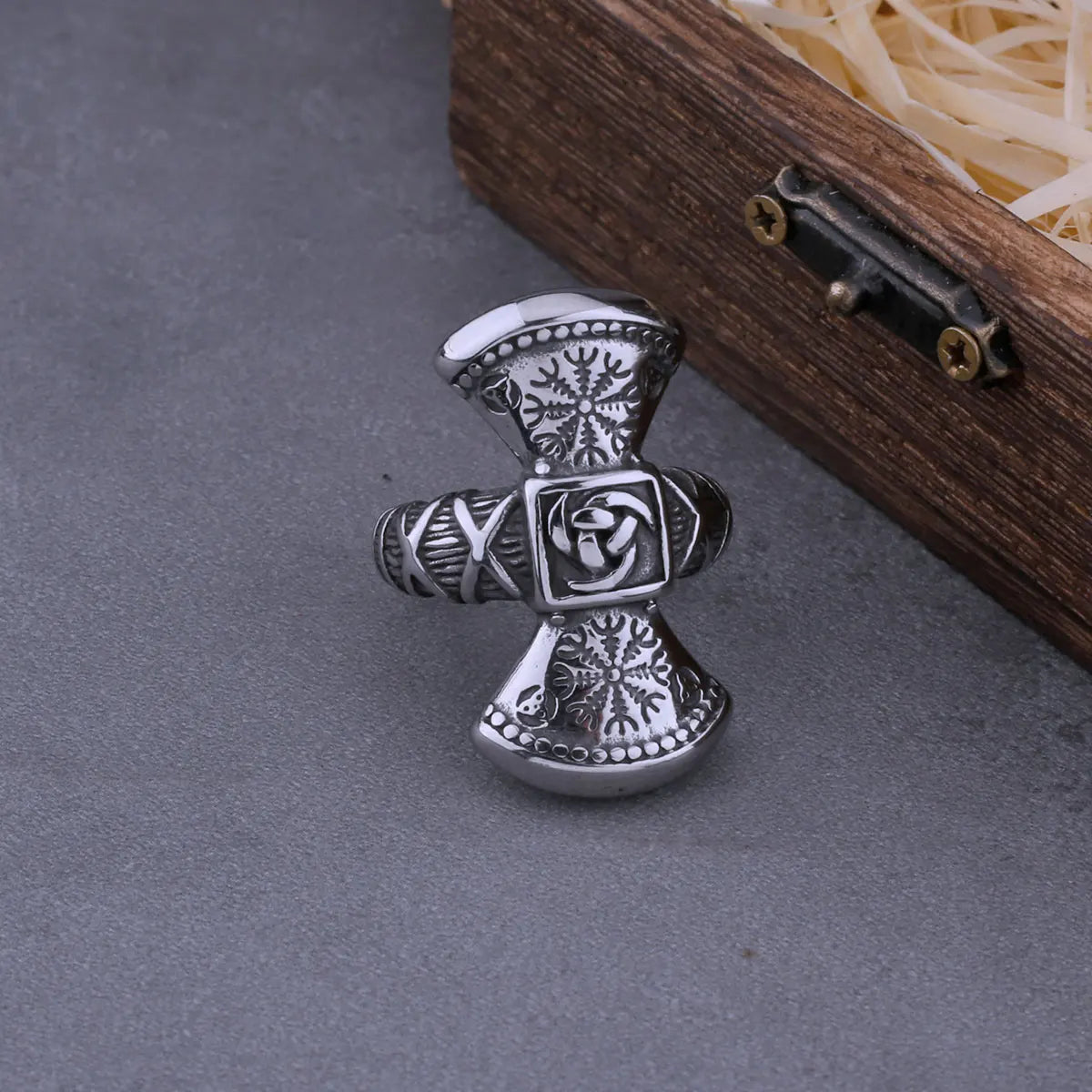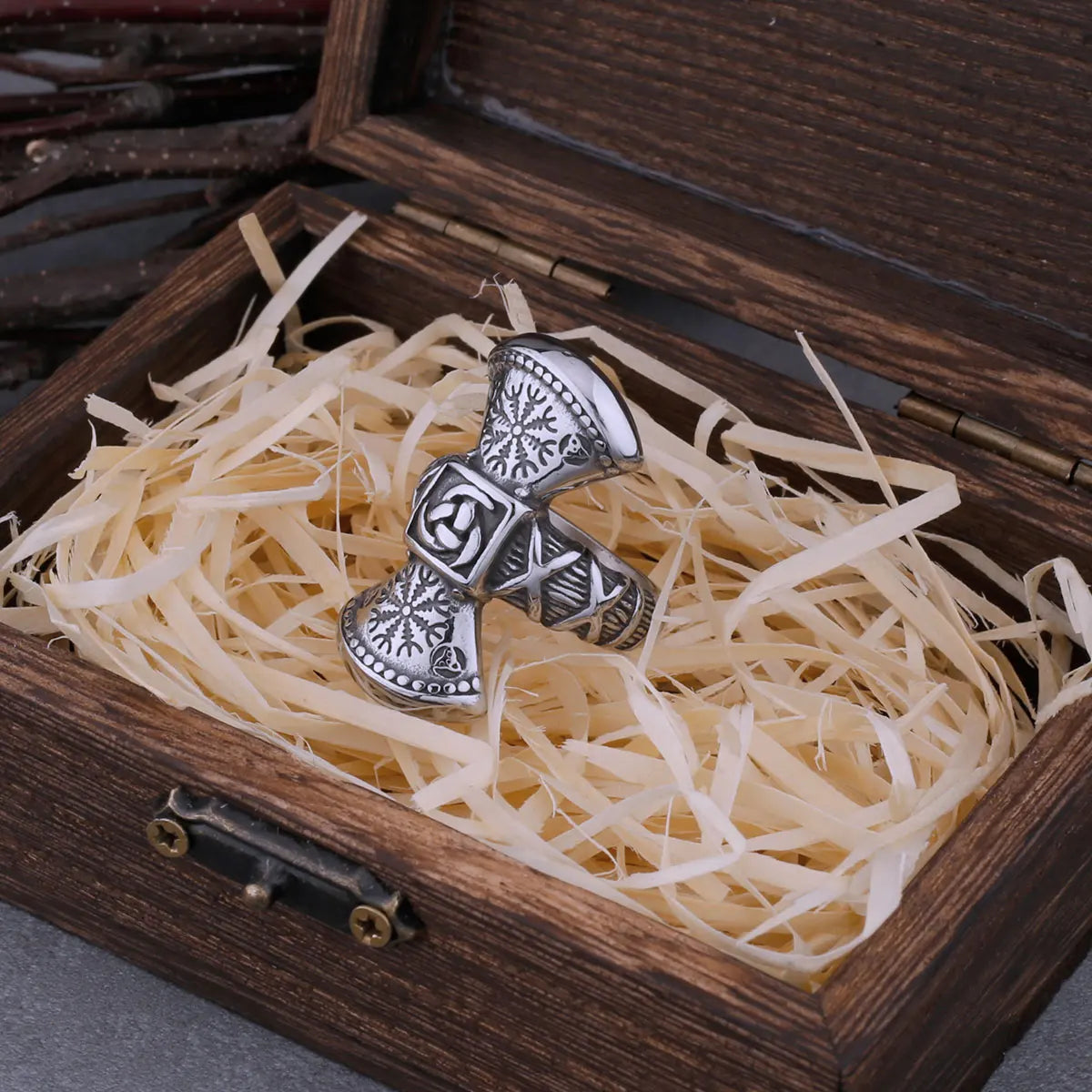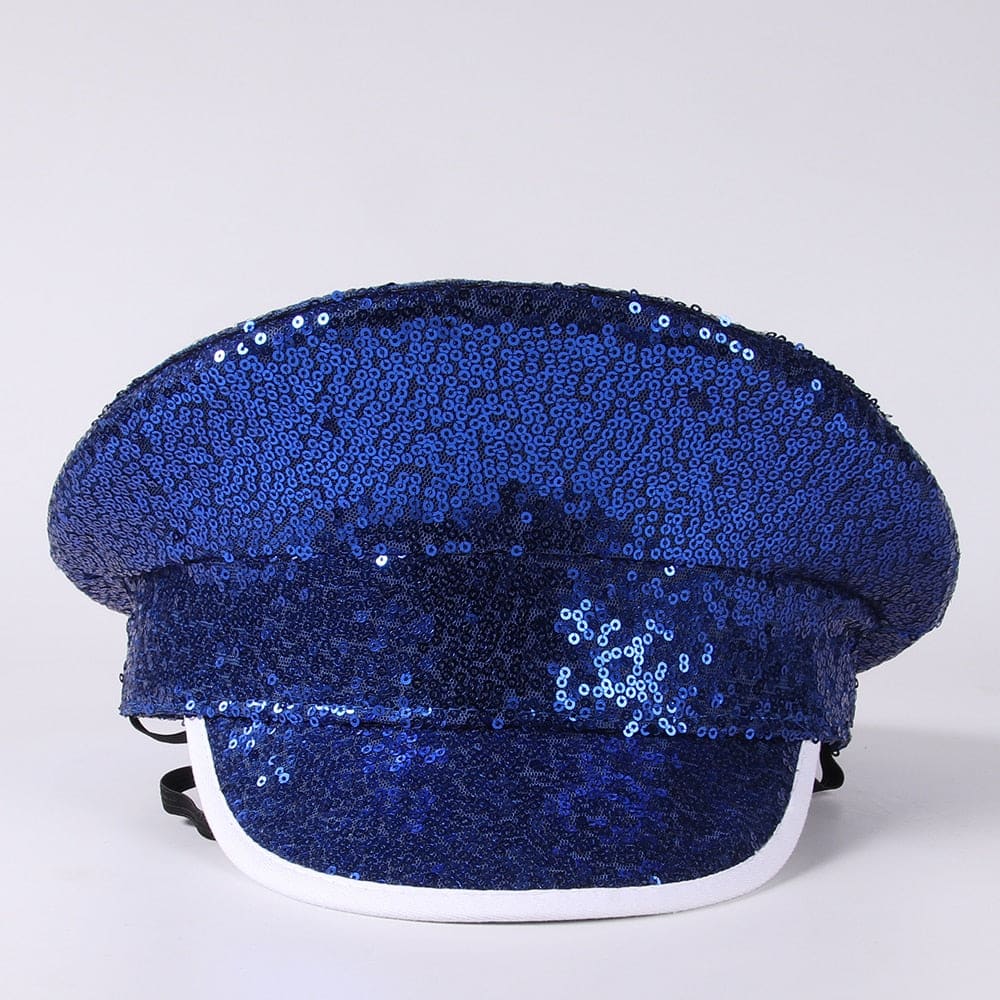What Jewellery Can I Wear in the Sea? A Guide to Beach-Friendly Bling
As the summer sun beckons, many of us find ourselves heading towards the sea, ready to enjoy the sun, sand, and surf. While packing your beach bag with essentials, you might wonder, "What jewellery can I wear in the sea?" Whether it's for a beach wedding, a vacation photoshoot, or just because you love your accessories, here's a comprehensive guide to choosing sea-friendly jewellery.Understanding the Challenges
Before we dive into the specific types of jewellery, it's essential to understand the challenges that the sea environment poses:
1. **Salt Water:** Saltwater is corrosive and can damage certain metals and gemstones.
2. **Sand:** Sand particles can scratch and dull surfaces.
3. **Sun:** Prolonged sun exposure can affect the colour and integrity of some materials.
4. **Physical Activity:** Swimming and beach sports can increase the risk of losing or damaging jewellery.
Best Jewellery Materials for the Sea
1. **Stainless Steel:**
- **Pros:** Highly resistant to corrosion and rust. Durable and affordable.
- **Cons:** Limited design variety compared to precious metals.
- **Examples:** Bracelets, anklets, and simple rings.
2. **Silicone:**
- **Pros:** Waterproof, lightweight, and available in many colours. Hypoallergenic.
- **Cons:** May not be as stylish as metal options.
- **Examples:** Rings, bands, and sport watches.
3. **Titanium:**
- **Pros:** Extremely strong, lightweight, and corrosion-resistant. Hypoallergenic.
- **Cons:** Can be more expensive than stainless steel.
- **Examples:** Rings and bracelets.
4. **Platinum:**
- **Pros:** Highly durable and resistant to tarnishing. Keeps its shine.
- **Cons:** Very expensive.
- **Examples:** Wedding bands and high-end jewellery.
5. **Enamel Jewellery:**
- **Pros:** Resistant to water and offers vibrant designs.
- **Cons:** Can chip if knocked against hard surfaces.
- **Examples:** Earrings and pendants.
Gemstones and Beach Wear
1. **Diamonds:**
- **Pros:** Extremely hard and resistant to scratches. They won’t fade or corrode.
- **Cons:** Risk of loss due to their value.
2. **Quartz (and Varieties like Amethyst, Citrine):**
- **Pros:** Durable and affordable. Resistant to scratches.
- **Cons:** May lose their lustre over time due to sand abrasion.
3. **Aquamarine:**
- **Pros:** Symbolically fitting due to its sea-blue colour and name. Durable and less likely to chip.
- **Cons:** May be prone to surface wear over time.
4. **Synthetic Gemstones:**
- **Pros:** Often more affordable and replaceable. Durable options like cubic zirconia can mimic diamonds.
- **Cons:** Might lack the prestige of natural stones.
Jewellery to Avoid in the Sea
1. **Gold (Especially Pure Gold):**
- **Cons:** Pure gold is soft and can be easily scratched or dented. Gold can also react with saltwater, causing discolouration and tarnishing.
2. **Silver:**
- **Cons:** Silver tarnishes quickly when exposed to saltwater and can turn black. It is also prone to scratches.
3. **Pearls:**
- **Cons:** Organic gemstones like pearls can be damaged by saltwater, losing their lustre and nacre.
4. **Leather Accessories:**
- **Cons:** Leather can absorb water, leading to deterioration and stretching. It can also harbour bacteria and odours from seawater.
Practical Tips for Wearing Jewelry in the Sea
1. **Opt for Simple Designs:** Intricate pieces with multiple settings or clasps can trap sand and salt, making them harder to clean and more prone to damage.
2. **Secure Fastenings:** Choose jewellery with secure clasps to reduce the risk of losing them in the water.
3. **Post-Swim Care:** Rinse your jewellery with fresh water immediately after leaving the sea to remove any salt residue. Dry thoroughly before storing.
4. **Use Protective Cases:** If you must take valuable jewellery to the beach, consider using waterproof cases or pouches when not wearing them.
5. **Insurance:** For valuable pieces, ensure they are insured against loss or damage, even if you don’t plan to wear them in the sea often.
Stylish Yet Sea-Safe Options
Here are some fashionable and functional options for beach-friendly jewellery:
- **Stackable Silicone Rings:** Available in various colours and patterns, they can be mixed and matched for a chic look.
- **Stainless Steel Charm Bracelets:** Durable and customizable with different charms.
- **Titanium Stud Earrings:** Simple yet elegant, they won’t corrode or rust.
- **Enamel Pendant Necklaces:** Offer a pop of colour and design without the worry of tarnish.
Conclusion
Choosing the right jewelry for the sea involves balancing style, durability, and practicality. While some materials and gemstones can withstand the harsh marine environment, others are best left for dry land. By selecting beach-friendly options and following proper care practices, you can enjoy your favourite accessories without compromising their beauty or your peace of mind. So, adorn yourself wisely and dive into your seaside adventures with confidence and style!

